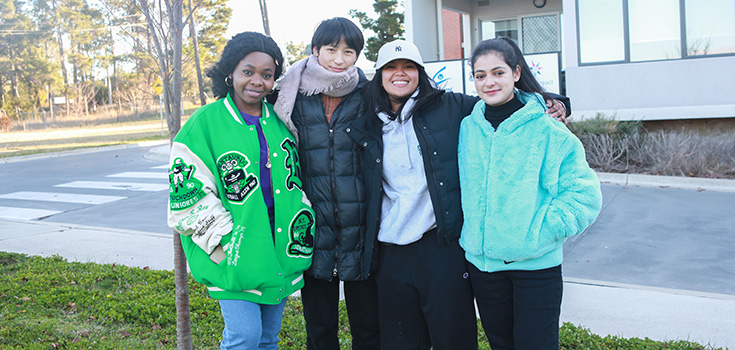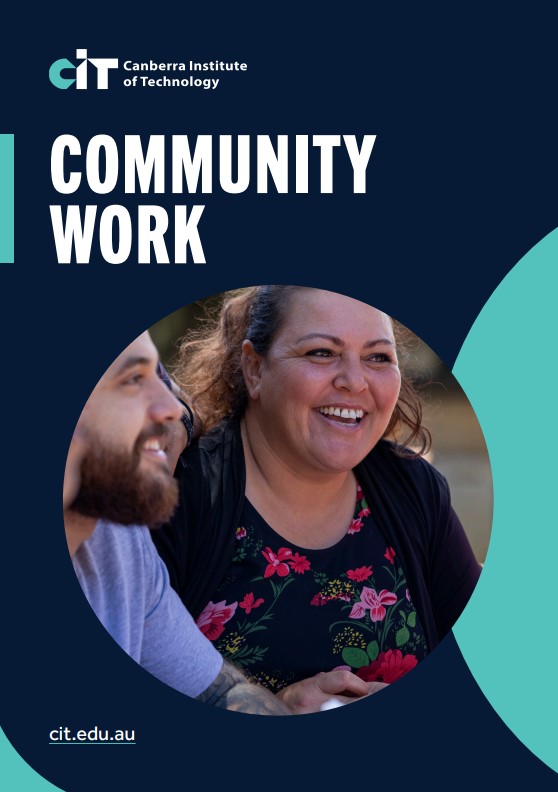Community Work

Make a real difference in people’s lives and give back to your community in a meaningful and lasting way. CIT’s community work courses combine hands-on learning with real-world experience, including work placements, guest speakers and industry-led projects across a variety of community settings. Learn from teachers who actively work in the field, gaining practical knowledge and insights that prepare you for roles in areas such as mental health, youth work, alcohol and other drugs, community development and broader community services.
Course List
| Description | Delivery | AA | |
|---|---|---|---|
| Diploma | Community Services CHC52025 |
FT PT | |
| Certificate IV | Community Services CHC42021 |
FT PT |
AA - these courses are available as apprenticeships, traineeships or Australian School-based Apprenticeships (ASbAs). See above for availability, or contact CIT Student Services on (02) 6207 3188 or infoline@cit.edu.au.
Delivery - FT = Full-time, PT = Part-time, ON = Online, FL = Flexible.
Careers in community work
BuildingCommunity work offers meaningful opportunities to support individuals and strengthen communities across a range of settings. You can specialise in areas such as youth work, mental health, alcohol and other drugs or community development making a real difference in the lives of others every day.
Job opportunities
- Community worker
- Community development
- Drug and alcohol worker
- Family support worker
- Mental health worker
- Support worker
- Youth worker
Community work course guide


Community work is different. Helping the community grow, it makes me proud. People with different backgrounds and mental health, you just listen and hold space for them. You also grow as a person just by being there and listening and helping.

